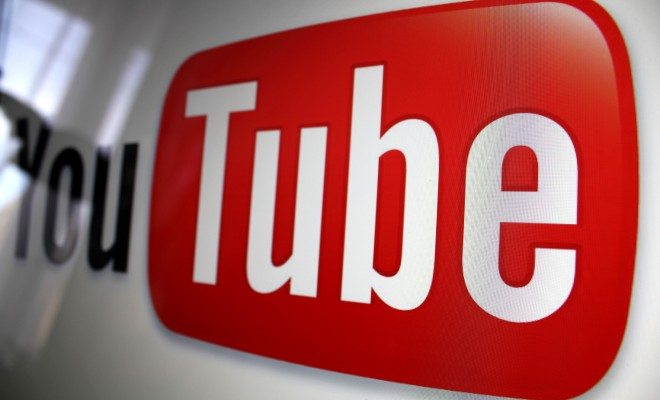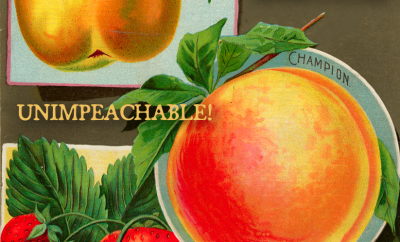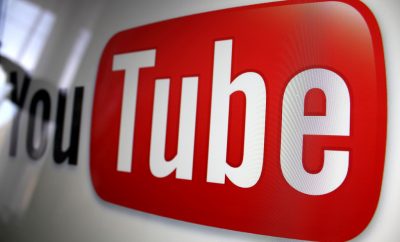 Image courtesy of [Rego Korosi via Flickr]
Image courtesy of [Rego Korosi via Flickr]
IP & Copyright
YouTube Simplifies Copyright With New Feature
For bubbly blonde girls like myself, YouTube is an amazing tool. Within it lie countless videos of wondrous hair curling, and cat eye and contouring tutorial videos. As I watch the Carli Bybels of the world teach me how to enhance my cheekbone structure, there’s always a little music in the background to keep it interesting.
YouTube knows the importance of music inclusion in these online masterpieces. This week the social video platform launched a new feature in the YouTube Audio Library that detects and reacts to the music uploaded in these videos.
Before this feature, when a YouTube guru (or any video uploader, for that matter) created and uploaded content, the Content ID system would attempt to detect whether copyrighted music was being used. If copyrighted music was indeed found, the artists would decide whether the piece should be blocked from sharing, the audio should be muted, or in the cases where there was money to be made, whether advertisements would be attached to the video.
With this new feature, uploaders are given a heads up. They can see what will happen to their video with any given song. Though they still have little control of the outcome, having the information beforehand means quicker uploads and hopefully even more content for the more than 1 billion users who visit YouTube each month.
For anyone wanting to upload some clips without the hassle of any of this, YouTube offers many 320kbps tracks and sound effects, royalty-free.
But what does this move tell us (besides that there may be more makeup how-tos)?
Every day, more and more average users share content. These are children, adults, tech nerds, and technologically challenged people. They go on Facebook, YouTube, Twitter, Instagram, Vine, Tumblr and Flickr. They have intellectual property at the tips of their fingers, probably every hour.
Companies, as we saw last week with Facebook, need to be clearer about the legal aspects of sharing content and provide services that make it easier for everyday users to enjoy, share, and interact with copyrighted material. Instead of merely listing a bunch of rules and instructions in the legal section of its Terms of Policy, YouTube is being proactive and providing an online infrastructure that does the work for us.
More companies should look to YouTube as an example of how to play IP offense instead of defense. The results are inarguably win-win: user experience is enhanced, artists are protected, and the entire process is streamlined. As users, it’s important for us to take note of subtle changes like this one as they not only alter our navigation of these sites, but provide us with a signal in this Information Age: IP knowledge is power, people!








Comments